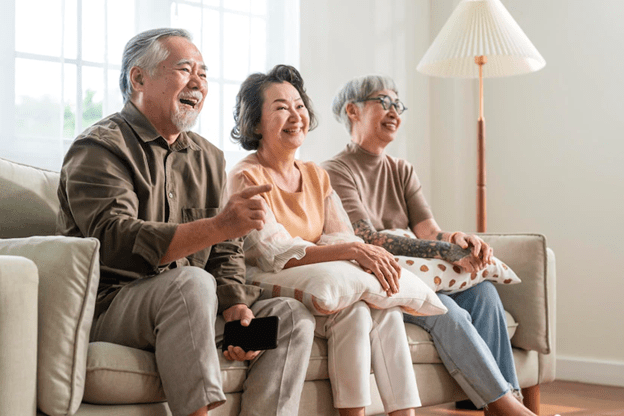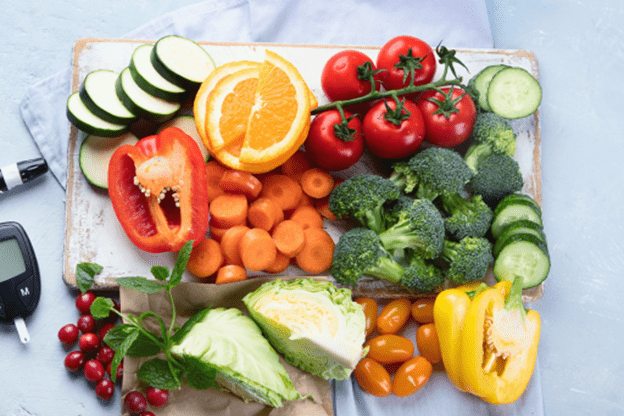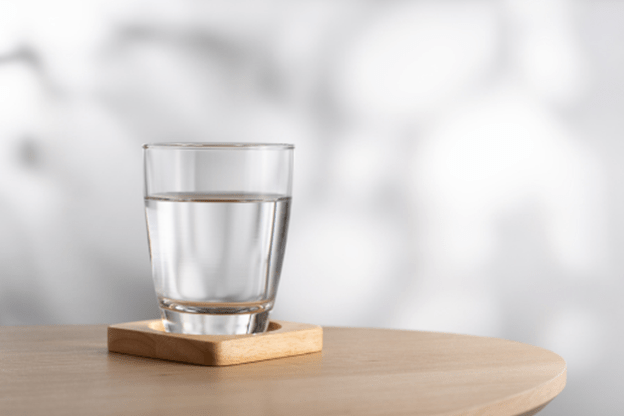
Managing Urinary Incontinence in Aging

As we age, it’s not uncommon for our bodies to experience changes that affect our day-to-day functioning. One example of a possible changes is urinary incontinence, or the involuntary loss of urine. This can be a source of embarrassment and frustration, but there are ways you can take to manage urinary incontinence and maintain your healthy lifestyle.
Incontinence is more than a nuisance. It can have a drastic impact on a person’s life. This includes early retirement, social isolation, despair, and the loss of autonomous function. Key incontinence statistics include:
- Incontinence include symptoms of the lower urinary tract affect 1 in 3 older women and 1 in 12 older men.
- Urinary incontinence is the cause of 6–10% of nursing home admissions.
- Relative to 45% of women, just 22% of males with urine incontinence seek treatment.
In this article, we will be covering:
- How ageing affects urine function
- Urinary incontinence kinds and reasons for both men and women
- What should you do if you want assistance with urine incontinence
- How to assist an elderly person you are caring for with managing urine incontinence
What Alterations Occur in the Urinary System as We Age?
Typical Aging
As people age, part of the bladder’s muscular fibres are gradually replaced by tougher and less elastic fibrotic tissue. This can lead to a decrease in the speed of the neurological reactions that are necessary to control and maintain proper bladder function. Additionally, the weakening of the bladder muscles can lead to a decrease in bladder capacity, leading to an increased risk of incontinence.
Depends on the type of urinary incontinence. Practically speaking, this implies that:
- When the bladder is fuller than it would be in a younger individual, the feeling that the bladder has to be drained occurs.
- Less force is used in bladder muscle contractions.
- Older women have a looser urethral sphincter (the valve at the bladder exit).
- In males, the bigger prostate gland may block the urethra.
- There is a greater desire to urinate more frequently
- Around 80% of elderly above 80 have nocturia. This is a tendency to get up at least once during the night to pass urine.
As we get older, our bodies go through natural changes. Health problems such as difficulty moving, memory loss, diabetes, being overweight, a weak heart, or taking certain medications can worsen incontinence.
These health issues can have a significant impact on our lives.
Steps You Can Take to Deal With Incontinence
Healthy diet and exercise
In many cases, lifestyle changes can help manage urinary incontinence. Reduce your fluid consumption, particularly before night, avoid coffee and alcohol, and keep a healthy weight. Kegels, or pelvic floor exercises, can help strengthen your pelvic floor muscle. These exercises can be taught appropriately by your healthcare professional or a physical therapist.

A healthy weight, a Mediterranean diet, physical activity, and blood pressure control are all preventative measures for incontinence. The risk of urine incontinence is increased by obesity, diabetes, stroke, and limited mobility, which can all be decreased by adopting the recommended lifestyle practices.
People who are incontinent are much less physically active, while those who are less active are more likely to have incontinence. This association between incontinence and physical activity appears to be reciprocal.
Keep seeking assistance
Many people have just come to terms with incontinence being a symptom of age.
Medical professionals often think they are unable to help people with bladder problems. They may even prescribe antibiotics, which have little impact on symptoms. This is a major issue.An average of three years pass before treatment is sought.
It is obvious that the more disruptive incontinence is to everyday activities, the more likely people are to seek medical attention. This underscores the importance of patients and family members advocating for care.
Be aware of your drinking habits
Drinking enough fluids every day is important for staying healthy. On average, adults need about 2 litres of fluid per day. However, if you have certain medical conditions, you may need to drink less fluid. Drinking too much fluid can actually make incontinence problems worse and won’t make you any healthier.

Alcohol use at night may seem to promote sleep, but it nearly always results in worsened nighttime urine patterns.
Limiting your caffeine intake may also be beneficial, however it tends to be more difficult for people who use more than six to eight cups daily.
Adopt the use of incontinence products in your daily life
The strategy that is most likely to be beneficial is “controlled continence”. Controlled continence is a technique that relies on continence items, such as pads or diapers, and a routine of scheduled toileting.
In contrast, bladder medicines can have negative consequences, such as disorientation and reduced attentiveness.
Environmental modifications and medical devices, such as bedside toilets, catheters, and urinals, can occasionally make frequent urination more comfortable and less disturbing, especially when sleeping.
Types of urinary incontinence products offered by Absorba Nateen
When it pertains to urge incontinence, adult diapers might be of assistance. It is good to be able to rely on a solution that aids as a line of protection when concern over leaks reaches its peak.
To make things simpler for you, shop for adult incontinence necessities with us today. Ranging from adult diapers to underpads and adult wipes, we are the one-stop shop here to address any incontinence concerns.
Adult diapers come in a variety of styles, sizes, and fabrics, so you could be stumped when it comes to finding the right one to meet all of your demands. If you’re looking for adult diapers that provide the finest leakage protection, go no further than Absorba Nateen. The SAP (Super Absorbent Polymer) outer layers of the adult diaper pants will keep you dry for up to ten hours and help you maintain perfect cleanliness.
At Absorba Diaper, we are the leading distributor of adult diapers in Singapore with a wide selection of eco-friendly and ultra-soft adult pull-up diapers catered to your every need. We can help you or your loved ones overcome incontinence together and live your life to the fullest!
Contact us for any inquiries regarding our adult diapers.
